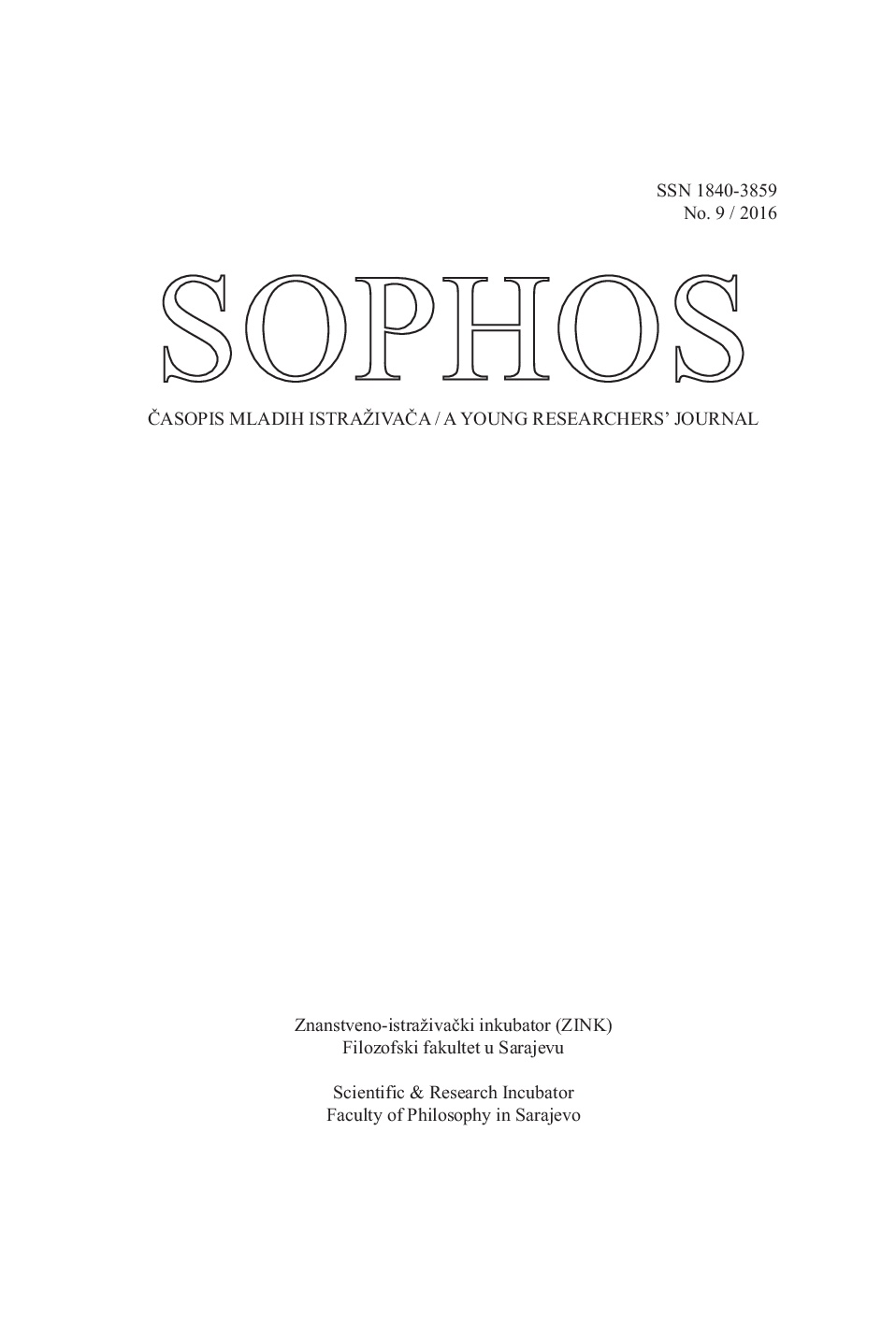Primjena teorije kognitivnog opterećenja u nastavi
Application of the Theory of Cognitive Load in Teaching
Author(s): Merima ZukićSubject(s): School education, Educational Psychology, Cognitive Psychology
Published by: Filozofski fakultet u Sarajevu - Znanstveno-istraživački inkubator
Keywords: TCL; intrinsic cognitive load; irrelevant cognitive load; relevant cognitive load; adjustment instructions;
Summary/Abstract: The theory of cognitive load (TCL) is a framework that is increasingly used in educational research. The basic idea of TCL is that the capacity of the working memory is limited and that in a situation when mastering a task requires more than the available capacity learning becomes difficult. In that case according to TCL, it is necessary to adjust the design of the instruction in order to optimize cognitive load and avoid the overload of the capacity of memory. Within TCL, it can be distinguished among different kinds of cognitive load that occurs in the situation of teaching, namely: intrinsic cognitive load that is related to the structure of the task, irrelevant cognitive load caused by form of instruction and relevant cognitive load, which creates a burden caused by the processes of learning and creation of new knowledge. The aim of optimizing the instruction would be to reduce the irrelevant cognitive load, to optimize of the intrinsic load in order to match the previous knowledge of students and to maximize the relevant load. TCL provides various processes so that the optimization of instructions can be achieved.
Journal: Sophos- časopis mladih istraživača
- Issue Year: 2016
- Issue No: 09
- Page Range: 157-173
- Page Count: 17
- Language: Bosnian

